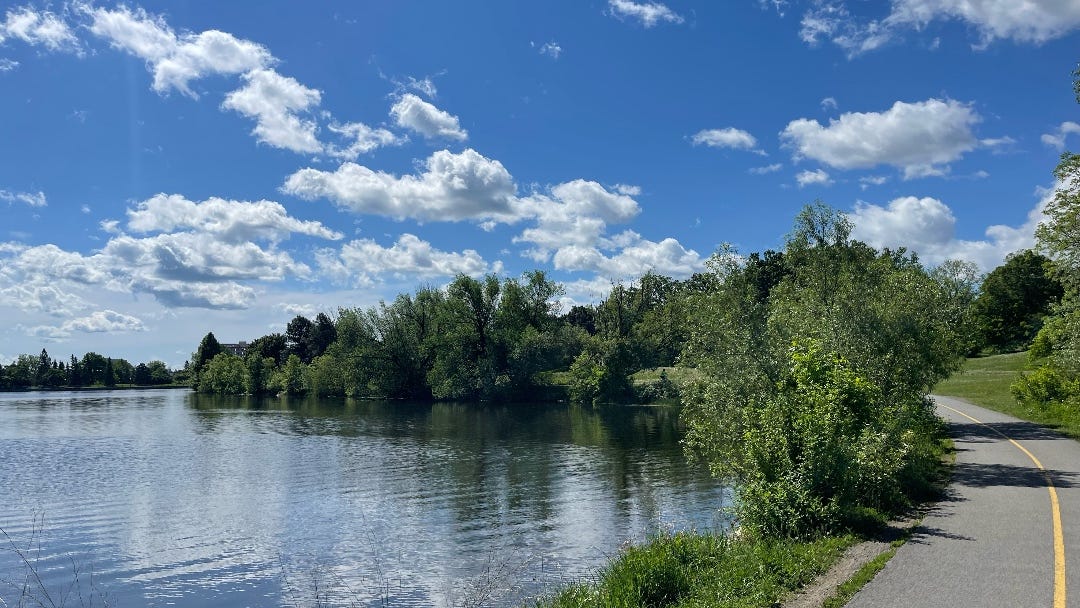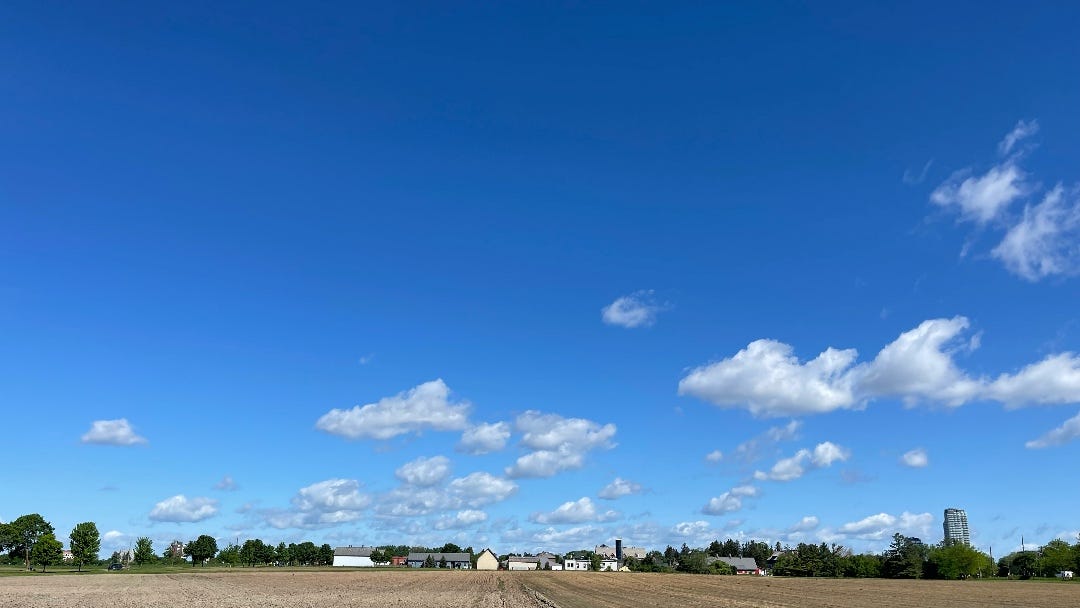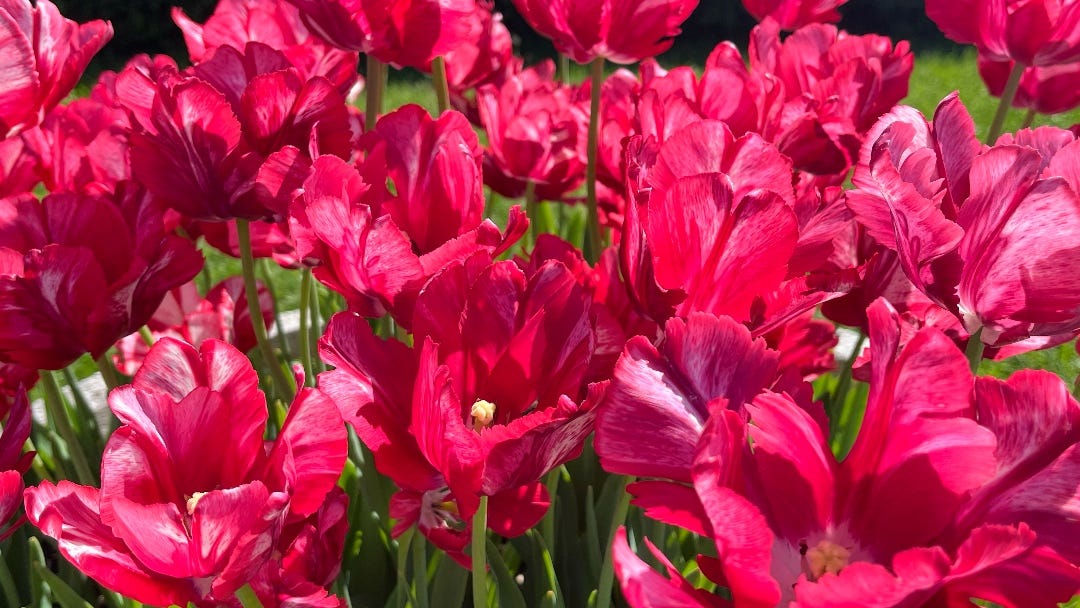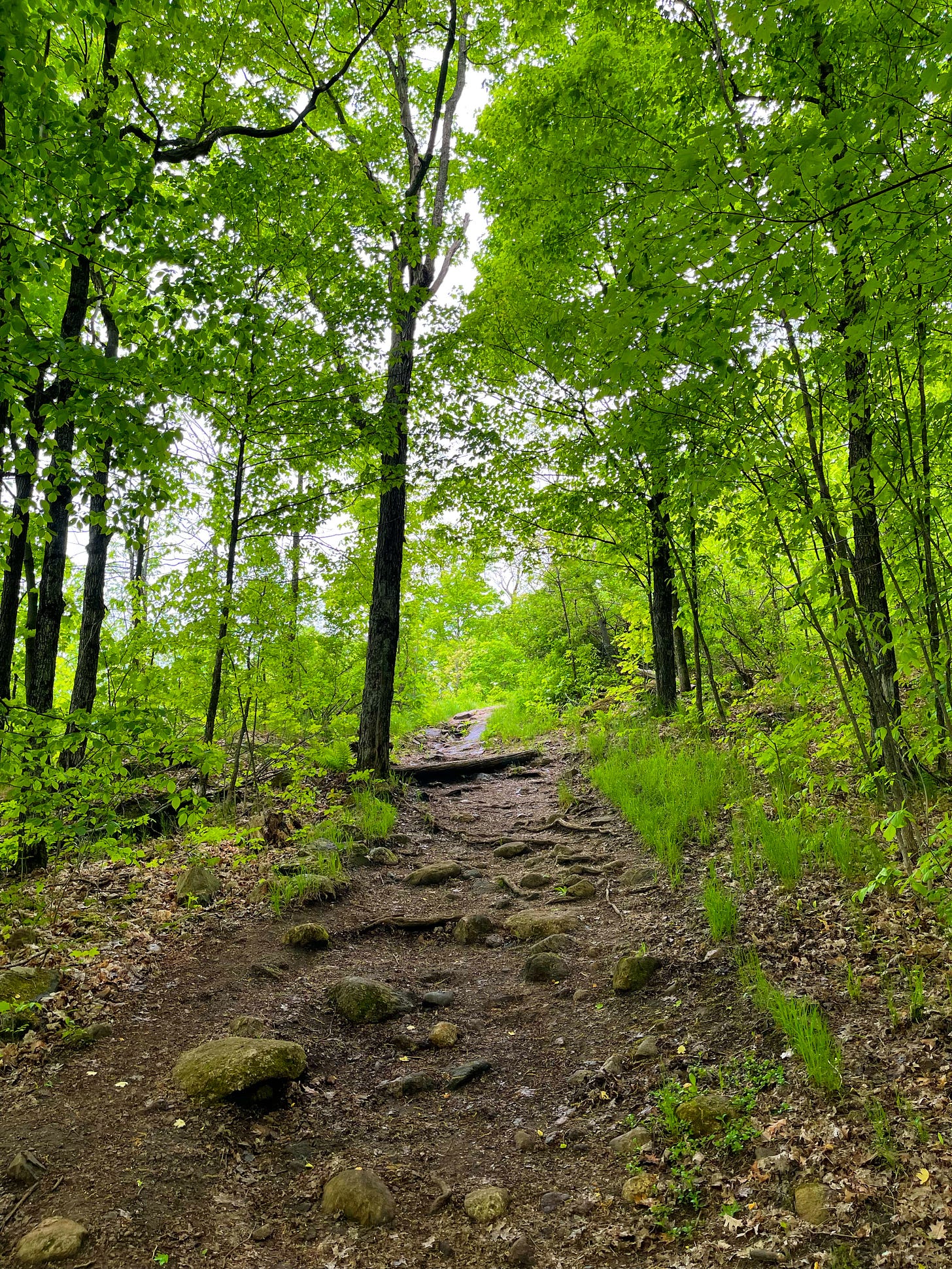Week 21 (May 20-26, 2024)
Our planet is developing a fever that will impact everyone living on it. It's the essence of one of the many articles I read in week 21 of 2024. That is the week we arrived at our journey through this year: one week every day. Between May 20 and May 26, many articles were published about the impact of climate change and environmental destruction on our lives.
One was in The Conversation on May 22 and described how global warming affects human health. For instance, heat waves can be hotter than our physiology can tolerate. Another impact of climate change on our health is diseases spreading to new regions. Dengue fever cases spiked in France in the hot summer of 2022, and some areas in Italy are emerging as the ideal habitat for the mosquito species that hosts and transmits the West Nile virus. Experts fear that climate change may also lead to entirely new human diseases. The same fears for existing or new diseases also apply to farm animals.
The Washington Post also had an article about the impact of climate change on our lives. It described how fast-rising seas could swamp septic systems in parts of the US southern states. The risks of septic tanks in states like Florida were already described in 1949 when heavy rains often overwhelmed the 150,000 septic tanks around greater Miami in a flat region hardly above sea level.
Experts also described these and other concerns in a 1970 report. Now add the new threat of sea-level rise to more than half a century of ignoring a well-described problem, and it gets much worse. Septic systems were not designed to function in rising groundwater levels. Experts estimate that Florida has 2.6 million septic systems, which is just the number for one state dealing with this growing problem.
These are just two examples of articles I read in week 21 about the impact the destruction of our environment has on our lives. There were also articles about more turbulence during flights, the lack of drinking water in Mexico City, or the dangers of forever chemicals.
I can't cover all of these in my newsletter; there are so many that I can't even read all of them. But it is clear that we are facing an emergency: the planet can't adapt to the changes we create at such speed and scale. And nor can we. If we gradually warm up the earth, pollute the environment, and wipe out other species at a more gentle speed, evolution might -in the long term- lend us a helping hand. But nature has no answers for destroying our habitat at this scale and speed.
We must change our behavior because the planet reaches and breaches its maximum resilience. Tipping points have the nasty habit of something no longer bending back into its original form when the pressure lessens. Wiped-out species don't reappear, nor will icecaps once they disappear.
But what about changing our destructive course just before a tipping point? Then, a lot is still possible; think of the bison in North America, several species of whales, or the return of birds of prey after ending the use of DDT.
Today, I read a positive article in The Scotsman that gives hope. In a rewilding project just north of Perth, the bumblebee population in a 90-acre area close to urban sprawl and intensive farmland made an impressive comeback. After two years of restoring nature, the bumblebee population increased 116 times.
Rewilding projects are fascinating because they show nature's resilience when given a chance.
New here? During the last 52 days of the year, we look each day at what happened in a distinct week of 2024; today, that is week 21, May 20-26. We also try remembering what we did that week and sharing photos and stories in the chat. You can join the chat here to read or contribute.
My memories of week 21 mainly involve enjoying Canada's nature as much as possible. I walked in Gatineau Park and other places in and around Ottawa. Knowing I would soon return to Europe, I took hundreds of photos and spent time with friends. Here are just a few to give an impression.
You can also support me by making a one-time donation through PayPal. I'm also on Buy Me a Coffee and Patreon. And since we're getting closer to Christmas, you can now give a gift subscription to friends and family.
Please join in the chat:













Lovely photos and an equally lovely anecdote about rewilding and bees help to counterbalance the somber truths in the numerous climate change ‘impact’ articles you referenced. My optimism is often tested by the uncomfortable feeling that the tipping point is already here and the 6th great extinction is a given at this point. But I see no upside in yielding my optimism and accepting the bad news as inevitable. Hence let’s continue this journey, recognizing the beauty all around us, supporting each other when needs arise, and helping to be the change we all so badly need.
Bumblebee hope. I like it! Ah the white trillium of Ottawa and an adorable ground squirrel. Life is good.